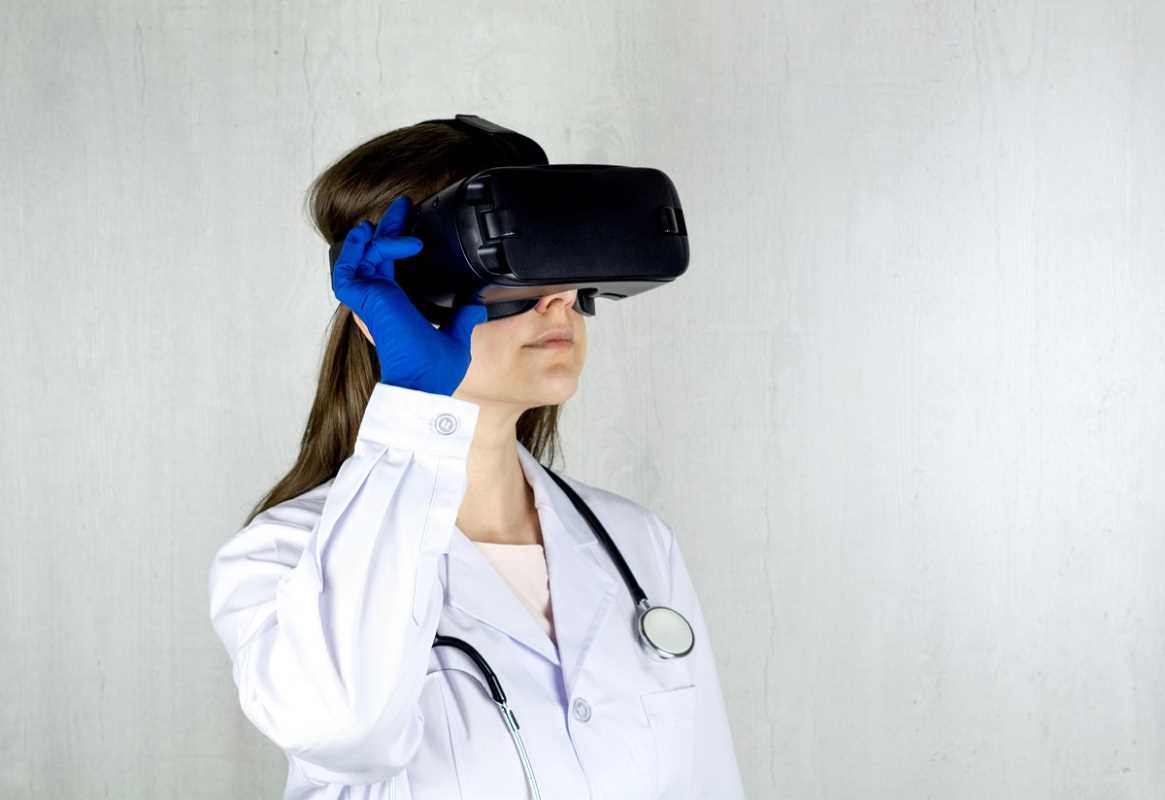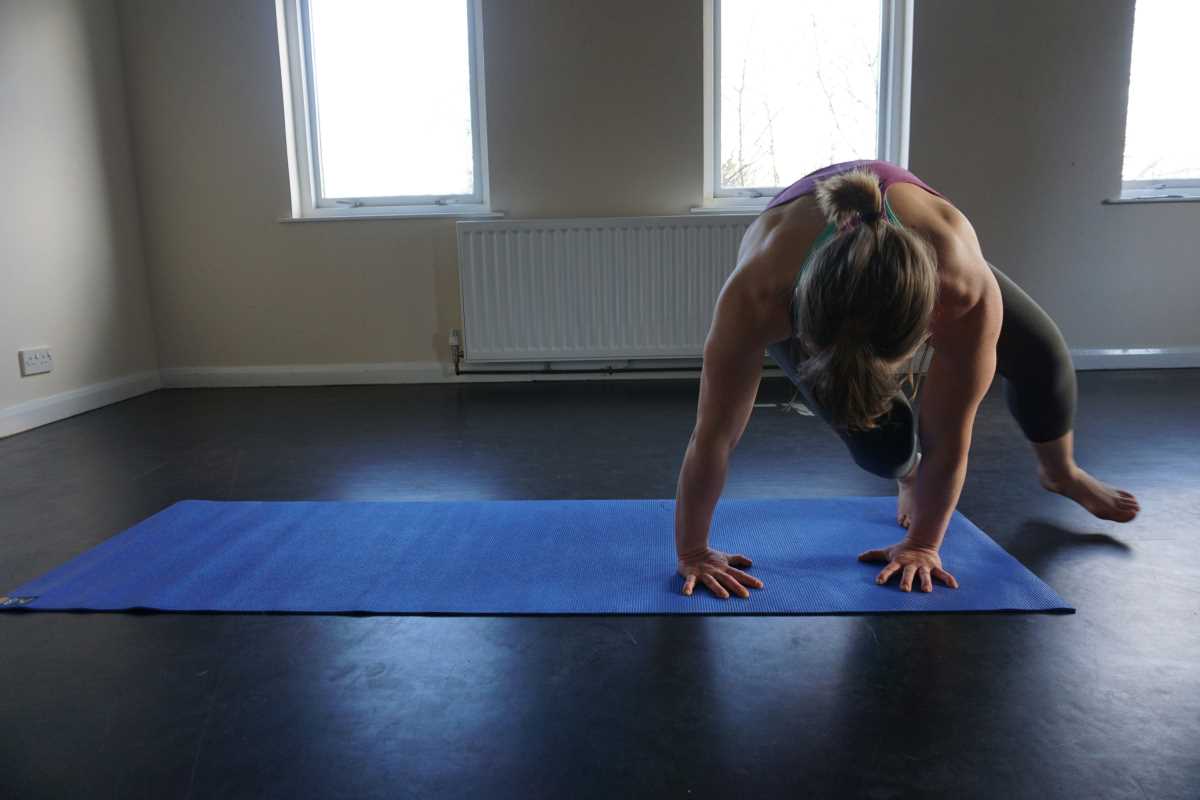Embarking on a wellness journey has always been a deeply personal endeavor, yet the swift evolution of technology is transforming this experience into something entirely different. Imagine using smart devices that not only track your sleep patterns but also provide insights to improve them, or having apps at your fingertips that lead you through calming meditation exercises. These technological innovations are revolutionizing our approach to health and well-being. This fusion of wellness and technology goes beyond being a mere trend; it is actively defining the future landscape of how we cultivate healthier, more balanced lifestyles.
The Role of Technology in Modern Wellness
Technology has seamlessly integrated into our daily wellness routines, making it easier than ever to track and improve our health. Smart scales, for instance, measure your weight and provide insights into your body composition, such as muscle mass and body fat percentage. These advancements allow individuals to gain a deeper understanding of their physical health without needing to visit a gym or clinic regularly.
Beyond physical health, technology also supports mental wellness. Devices like smart speakers remind you to take breaks, encourage you to practice mindfulness, and even play soothing sounds to help you relax. This constant accessibility to wellness tools ensures that taking care of oneself is always within reach, fitting neatly into even the busiest of schedules.
Innovative Wellness Gadgets
- Smart Water Bottles: These bottles track your water intake and remind you to stay hydrated throughout the day, ensuring you maintain optimal hydration levels.
- Posture Correctors: Wearable devices alert you when you’re slouching, helping you maintain better posture and reduce back pain.
- Sleep Trackers: Gadgets monitor your sleep patterns, giving you insights into the quality of your rest and tips to improve it.
- Portable Massagers: Compact devices help relieve muscle tension and stress wherever you are, promoting relaxation on the go.
Wearable Tech: Tracking Health and Fitness
Wearable technology has revolutionized how we monitor our health and fitness. Devices like smartwatches and fitness trackers collect data on everything from heart rate and steps taken to calories burned and even stress levels. This real-time feedback allows users to make informed decisions about their daily activities and long-term health goals.
For those looking to boost their fitness routines, wearables offer personalized insights that can help tailor workouts to individual needs. Whether you’re training for a marathon or simply aiming to stay active, these devices provide the motivation and data needed to stay on track and achieve your wellness goals.
Virtual Wellness: Apps and Online Platforms
- Headspace: A popular app that offers guided meditations, helping users reduce stress and improve mental clarity.
- MyFitnessPal: An app that tracks your diet and exercise, providing insights into your nutritional intake and fitness progress.
- Calm: Focused on improving sleep and relaxation, Calm offers a variety of sleep stories, breathing exercises, and relaxation techniques.
- Fitbit App: Complements Fitbit devices by offering detailed analytics on your fitness activities and personalized health recommendations.
- Tonal: An online platform that provides personalized strength training workouts, tailored to your fitness level and goals.
Personalized Wellness through Data Analytics
Data analytics is taking personalized wellness to the next level by offering customized solutions based on individual health data. By analyzing patterns in your behavior and physiological responses, technology can provide tailored recommendations that address your unique needs. For example, data from your wearable device can suggest specific exercises to improve areas where you may be lacking or recommend dietary changes to enhance your overall health.
One key aspect of this personalization is the use of AI-powered encryption, which ensures that your health data remains secure while still allowing for meaningful analysis. This combination of personalized insights and robust data protection means that individuals can confidently use technology to enhance their wellness without compromising their privacy.
Potential Challenges and Ethical Considerations
While the integration of technology into wellness offers numerous benefits, it also presents challenges and ethical dilemmas. Privacy concerns are at the forefront, as the collection and storage of personal health data can make individuals vulnerable to data breaches and misuse. Ensuring that this sensitive information is protected is crucial for maintaining trust in wellness technologies.
Another challenge involves the potential for over-reliance on technology. While gadgets and apps can provide valuable support, it's important to balance their use with traditional wellness practices. Additionally, ethical questions arise regarding the accessibility of these technologies, as not everyone may have the means to access the latest wellness tools, potentially widening the gap in health disparities.
As technology continues to evolve, its role in shaping our wellness journeys grows. By embracing these innovations thoughtfully and addressing the accompanying challenges, we can make the most of technology to lead healthier, more fulfilling lives.
 (Image via
(Image via.jpg)





